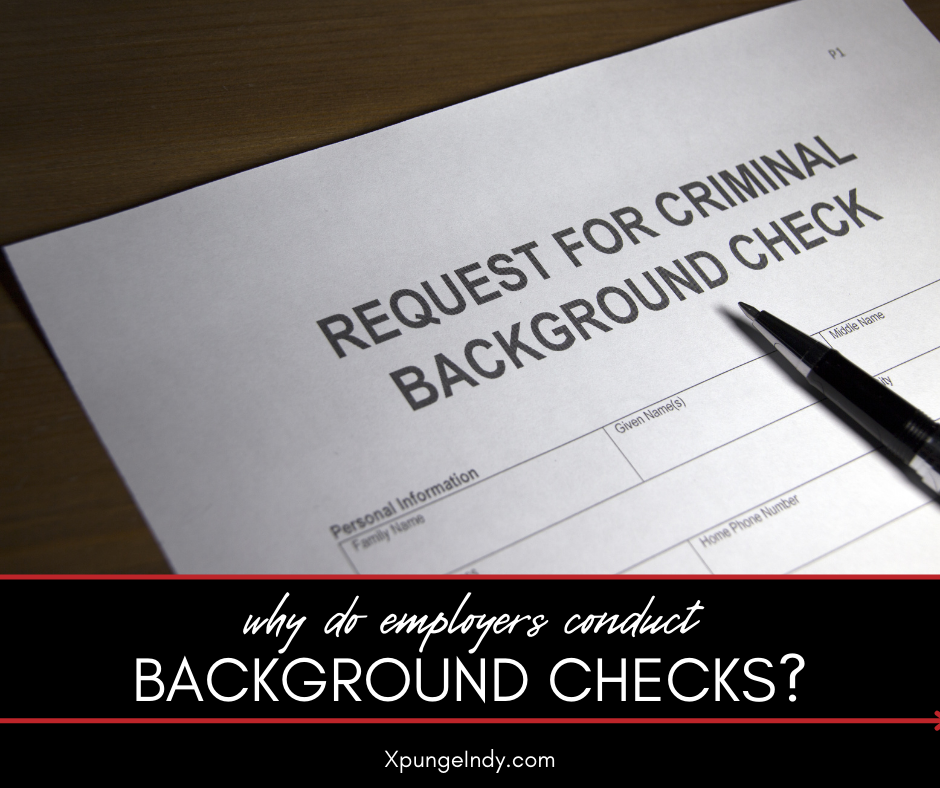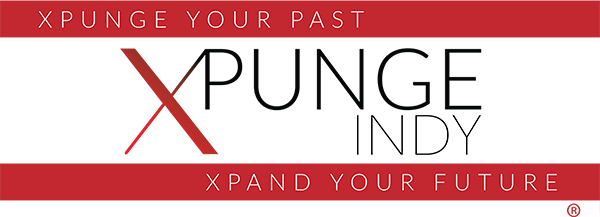
Background checks by employers have become a standard part of the hiring process. It’s a subject that can make many people uneasy, especially if they have a criminal record. But why do employers conduct these checks, and what happens if they find your criminal record? Let’s dig into these questions and more in this guide.
Why Do Employers Do Background Checks – and What if They Find Your Criminal Record?
In this guide, we’re going to explore the reasons behind employer background checks and the potential consequences if they uncover a criminal record. You’ll get insights into:
- Why Employers Conduct Background Checks
- What They’re Looking for in a Background Check
- What Happens if They Find a Criminal Record
- How to Prepare for a Background Check
- Understanding Your Rights
Here’s a closer look at each.
Why Employers Conduct Background Checks
Employers conduct background checks to verify the information provided by applicants. It helps them assess the risk and ensure they are making a wise hiring decision.
What They’re Looking for in a Background Check
Background checks usually include verification of previous employment, education, and criminal history. They may also look into credit history or other areas relevant to the job.
What Happens if They Find a Criminal Record
If an employer finds a criminal record, it doesn’t necessarily mean you won’t get the job. It may lead to further questions, and they’ll consider factors like the nature of the offense and its relevance to the job.
How to Prepare for a Background Check
Preparing for a background check means being honest in your application and knowing what’s in your record. If something comes up, be ready to explain it openly and honestly.
Understanding Your Rights
You have specific rights under the Fair Credit Reporting Act (FCRA) that protect you during the background check process. Know these rights and ensure you are treated fairly.
FAQ About Why Do Employers Do Background Checks – and What if They Find Your Criminal Record?
Here are some frequently asked questions about Why Do Employers Do Background Checks – and What if They Find Your Criminal Record? If you don’t see the answers you’re looking for here, please call our office. We’re here to help.
Q: Can I refuse a background check?
A: You can refuse, but it may result in not getting the job, as most employers require it.
Q: What should I do if something wrong shows up in my background check?
A: Notify the employer and contact the agency that conducted the check to correct the information.
Q: How far back do background checks go?
A: It varies by state and the type of job but typically ranges from 7 to 10 years for criminal records.
Q: Can a background check reveal sealed or expunged records?
A: In most cases, sealed or expunged records should not appear in a background check.
Q: Can an employer not hire me based on my criminal record?
A: It depends on the nature of the crime and the job. There are laws to protect against blanket discrimination.
Navigating the background check process with a criminal record is not necessarily a roadblock to employment. By understanding why employers conduct these checks and how to prepare, you can approach them with confidence. Remember, honesty is key, and there are laws to protect you. While considering legal options like expungement might be helpful, it’s essential to note that working with a lawyer does not guarantee a particular result. They can, however, provide valuable guidance tailored to your specific situation.
Do You Need to Talk to an Indiana Expungement and Sealing Attorney?
If you’re ready for a fresh start, we may be able to help. Call us at 317-647-5476 or fill out the form below for a free consultation on expungement. We’re here to answer your questions and get you the fresh start you deserve.













